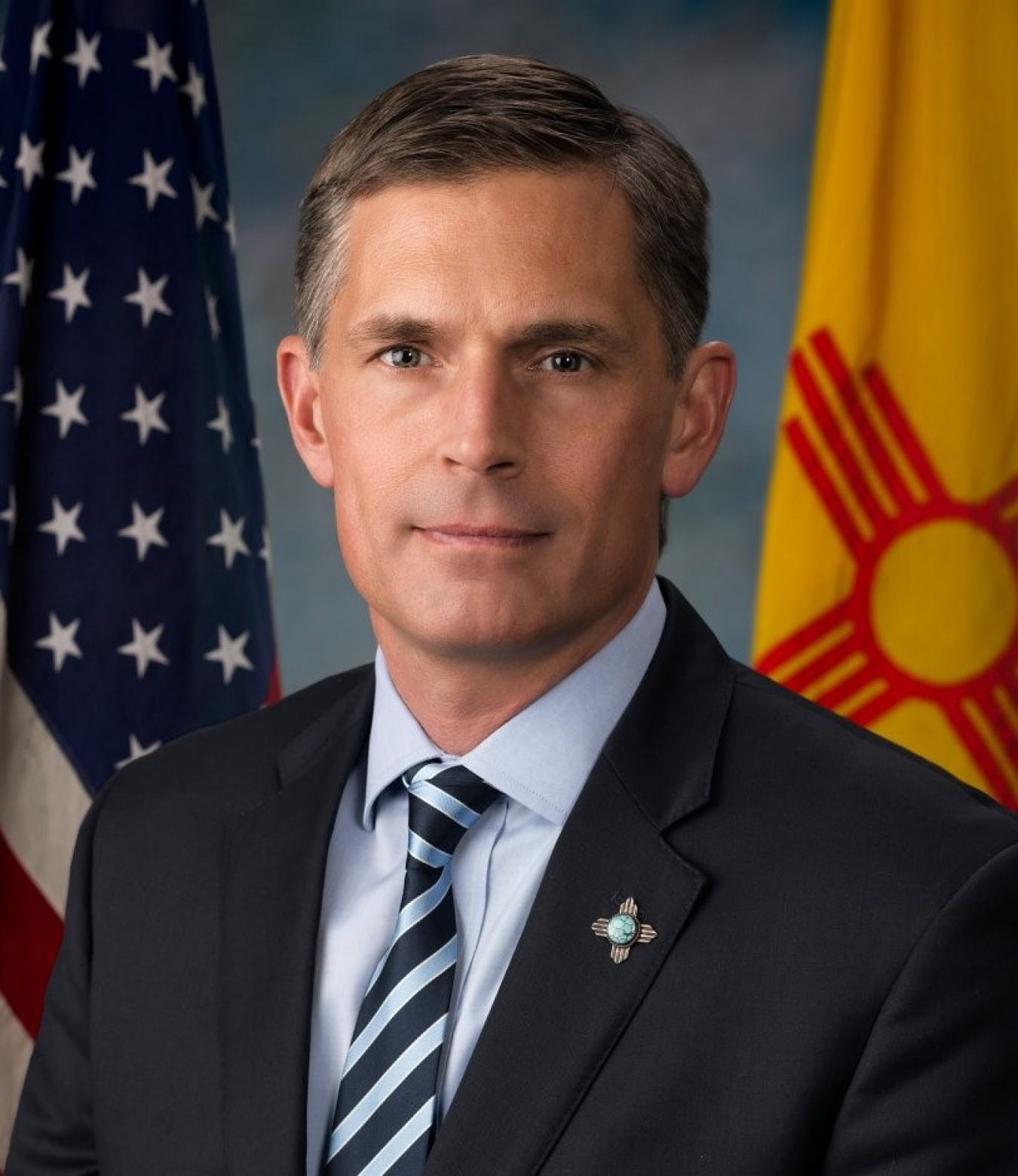Learn what was discussed at the U.S. Department of Energy’s Enhanced Geothermal Shot™ Summit, held virtually on May 11, 2023, which convened key stakeholders to address how to cut the cost of enhanced geothermal systems by 90% by 2035.
Geothermal Technologies Office
May 15, 2023On May 11, 2023, the U.S. Department of Energy (DOE) held the Enhanced Geothermal Shot™ Summit, convening industry, government, communities, academia, and others to discuss pathways to achieve the Enhanced Geothermal Shot™ goal to cut the cost of enhanced geothermal systems (EGS) by 90% by 2035. The Enhanced Geothermal Shot™ was part of DOE’s Energy Earthshots, DOE-wide efforts to address tough technological challenges and cost hurdles and rapidly advance solutions to help achieve energy and economic competitiveness goals.
The theme of the day: The Enhanced Geothermal Shot™ is an opportunity to take a HUGE stranded energy resource and put it to use for the good of the country. Geothermal already plays a valuable role in the U.S. energy system, but we know that we have tapped into only a fraction of what’s possible. Geothermal is a single-source solution that can help bolster the electricity grid, create U.S. jobs, and support states and communities in meeting their energy goals. As Princeton University’s Dr. Jesse Jenkins reminded attendees in his keynote, we have already realized major cost reductions and grown significant related industries in solar and wind—now it’s time to “balance our energy diet” with geothermal.
Throughout the day, we heard about so many unique possibilities for advancing EGS, and learned how state-level strategic partnerships are vital in helping the United States achieve the Enhanced Geothermal Shot™. Governor Jared Polis shared how Colorado is advancing geothermal as a lower-cost solution for its residents and how geothermal is helping Colorado Mesa University reduce tuition for students. Senator Martin Heinrich (D-NM) highlighted how Sandia National Laboratories and Los Alamos National Laboratory are playing critical roles in driving down costs by improving drilling and subsurface mapping and characterization technologies. These are just a few of the updates we heard at the Summit reflecting how states are increasingly empowered to envision geothermal energy futures that make sense for their municipalities.
The day’s speakers repeatedly emphasized the value of partnerships to achieving this ambitious goal. Representatives from DOE offices beyond GTO shared examples, including the Office of Science’s work to geo-architect subsurface materials, the Advanced Research Projects Agency–Energy’s (ARPA-E) work building sensors critical for subsurface data collection, and the Advanced Scientific Computing Research program’s work in high-performance computing to advance modeling and simulations.
The day’s conversations also highlighted the importance of supporting and engaging with communities early on and throughout the lifetime of geothermal projects. GTO’s Frontier Observatory for Research in Geothermal Energy’s (FORGE) Chris Katis and Beaver County (UT) Commissioner Tammy Pearson shared how the FORGE team’s consistent visibility and engagement with residents and students has made FORGE a true part of the community. The Colorado Energy Office’s Bryce Carter shared that we need to advance EGS deployment at the “speed of community,” while other speakers reminded us that open communication, deep consideration of community and workforce needs, and partnerships are just a few of the important steps we need to consider on the path toward cutting the costs of EGS.
Attendees at the summit also heard from industry that geothermal workers are needed—now and into the future—and from the unions and trade associations who are already training the workforce for geothermal energy's future. A panel of speakers emphasized the value of earn-as-you-learn apprenticeship programs and the fact that there is growing interest and excitement about jobs in this industry. Growing energy costs, funding from the Inflation Reduction Act, and the resurgence of interest in technical education are increasing the market and labor pool. In fact, the workforce panel and Senator Heinrich both emphasized that, unlike other emerging renewable energy industries, geothermal relies on technologies that are largely familiar to the existing U.S. oil and gas workforce. As Senator Heinrich shared, “Through enhanced geothermal systems, we can ensure these workers are as integral to the future of energy production as they have been to its past.”

“Through enhanced geothermal systems, we can ensure these workers are as integral to the future of energy production as they have been to its past.”
Senator Martin Heinrich (NM)
The day concluded with GTO acting EGS Program Manager Kevin Jones and a panel of geothermal experts discussing the five technology pathways GTO believes are necessary to make the Enhanced Geothermal Shot™ goal a reality:
- Seeing the Subsurface with Greater Precision: New Sensing Technologies for Stress, Strain, and Fracture Mapping
- Predicting the Subsurface with Greater Precision
- Accessing the Subsurface: Improving Drilling Efficiency and Drilling in Extreme Environs
- Designing and Building Wells
- Manipulating and Creating Durable Reservoirs: Controlling Fluid Flow and Developing Innovative Stimulation Methods
Watch the recording of the summit to hear the full day’s discussions:

